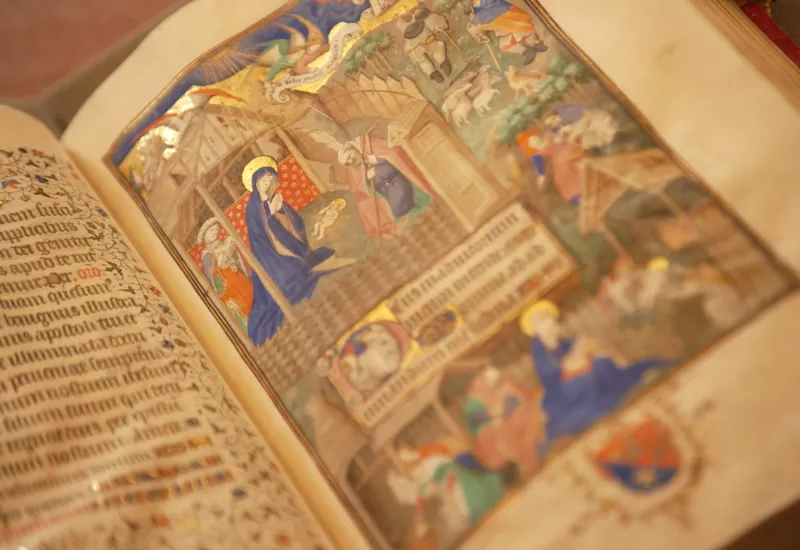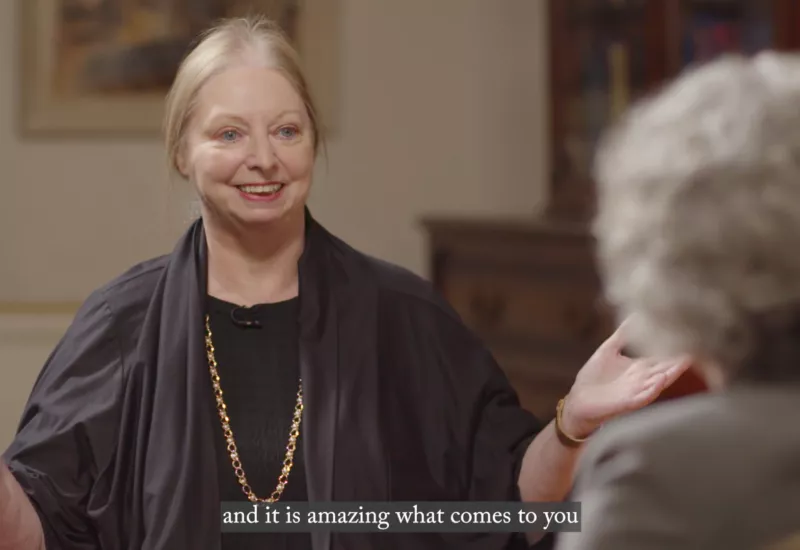Paul Scott was born in 1920 in Southgate in London. He inherited both his mother’s creativity and his father’s practicality and Scott found that he was divided between these two
approaches for the whole of his life.
Scott was successful at school and in 1943 aged twenty-two, he joined the army and was posted to India as a commissioned officer. He spent three years in India at a time when the country was undertaking great change. There were regular conflicts and increasing tensions as India crept towards partition and independence. The country struck a chord with Paul, and comforted him in a manner which came as a great surprise. He later noted that the rigid social hierarchies and codes of his suburban childhood were somehow echoed in the unbending structural norms of British Indian society.
On his return to London, Paul Scott became a very successful literary agent, brokering publishing deals for clients such as Arthur Clarke, Elizabeth David, Muriel Spark and of course, M. M. Kaye. Paul Scott and Mollie Kaye struck up an immediate friendship, they had a great love of India in common and enjoyed discussing the country and its past as well as what they hoped for its future.
Having worked hard as an agent and supported his family financially, Paul Scott retired from the agenting world in the early 1960s and decided to write full time. He had a few published books under his belt at this point, including A Male Child, The Mark of the Warrior and The Chinese Love Pavilion.
When Scott first suggested his plans for ‘The Raj Quartet’, Mollie Kaye was incredibly supportive. Although Paul had been stationed in India during the war, he knew nothing of the country before this date. It was Mollie’s job to provide him with numerous stories from her childhood, her friends, her family and her past.
This collaboration transpired to be more successful that either participant could have imagined. The Jewel in the Crown was published in 1964 to critical acclaim. It was followed by The Day of the Scorpion (1968), The Towers of Silence (1971) and A Division of the Spoils (1975) – the four pillars of ‘The Raj Quartet’.
Such was the success of Paul’s collaboration with Mollie Kaye, that it was she that suggested he wrote a coda to ‘The Quartet’ which was published in 1977 and called Staying On. This book was Paul Scott’s literary triumph. It won the Booker Prize in 1977 and the Yorkshire Post Fiction Award in the same year.
Unfortunately, as Paul Scott’s writing career triumphed, his personal life crumbled. Scott had locked himself in a room to write ‘The Quartet’, was seeing few friends and was drinking a litre of vodka a day. His daughter stated that “It was as if he had exiled himself to the one room where there was nothing but the typewriter and the blank page… It was the making of him as a writer, but the unmaking of him as a human being.”
His wife Nancy supported him until he had finished the four novels but after that she filed for divorce. Paul was diagnosed with colon cancer and died at the Middlesex Hospital in 1978. His many letters to M. M. Kaye, discussing their extensive research of India and the British Raj and their joint passion for the country, are still held in the David Higham collection at the University of Austin, Texas.




